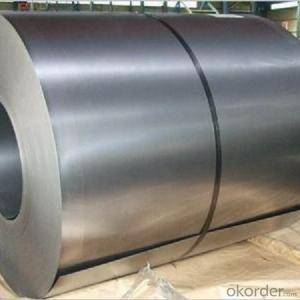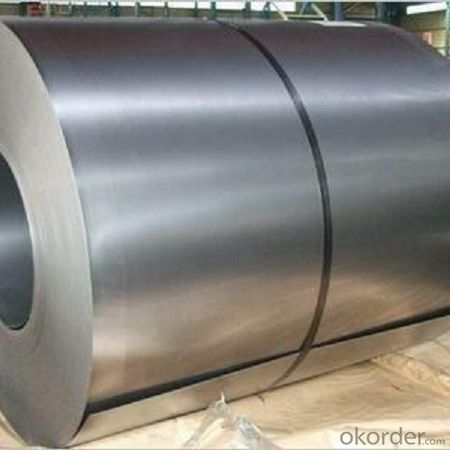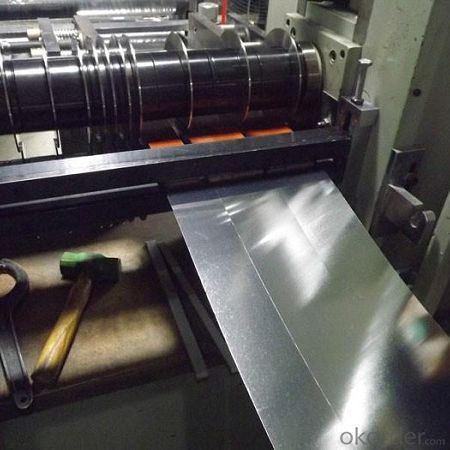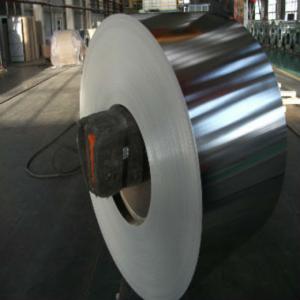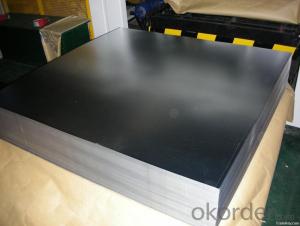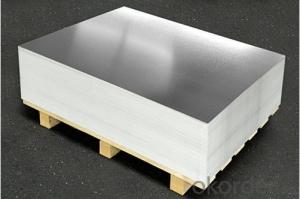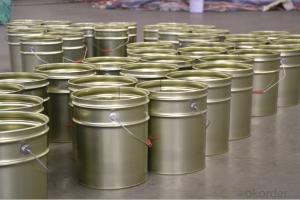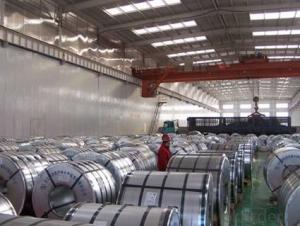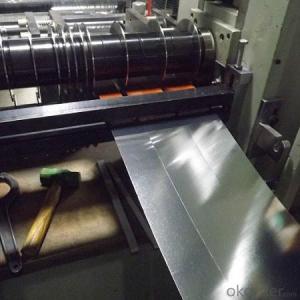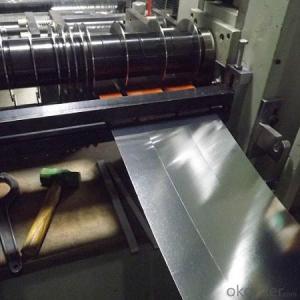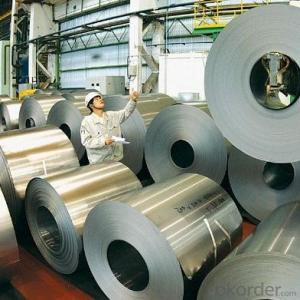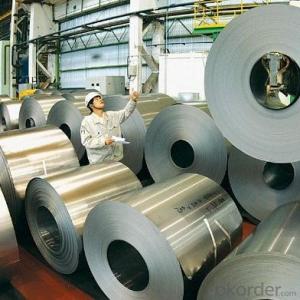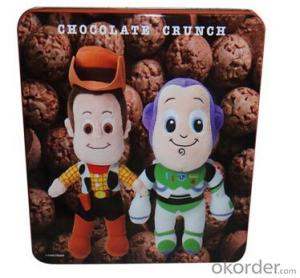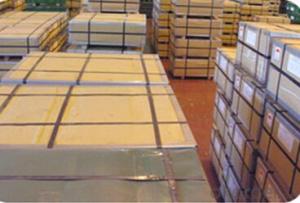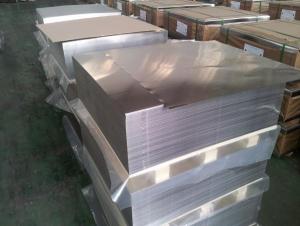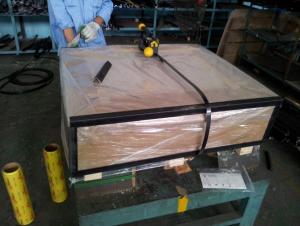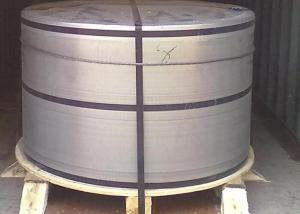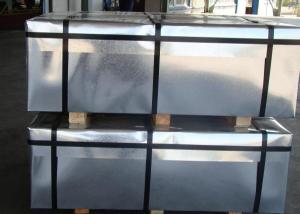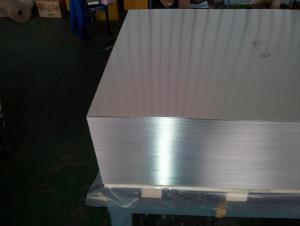Tinplate with First- Class Level for Tin Cans Making
- Loading Port:
- Tianjin
- Payment Terms:
- TT or LC
- Min Order Qty:
- 25 m.t.
- Supply Capability:
- 20000 m.t./month
OKorder Service Pledge
OKorder Financial Service
You Might Also Like
Specification
Tinplate with First- Class Level for Tin Cans Making
Tinplate Specification
Tinplate, as the name suggests, is coated on both sides with pure tin at various coating weights between 1 and 12 grams per square meter. It has extremely beautiful metalllic luster as well as excellent properties in corrosion resistance, solder ability, and weld ability.
Tinplate Applications
Tinplate is widely used for making all types of containers, electrical machinery parts and many other products.
Chemicals and painting cans
Dry food cans, such as fancy cans, biscuit cans, milk powder cans, tea cans.
Tinplate Pictures
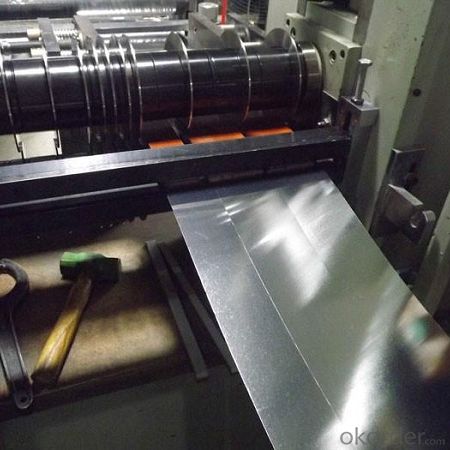
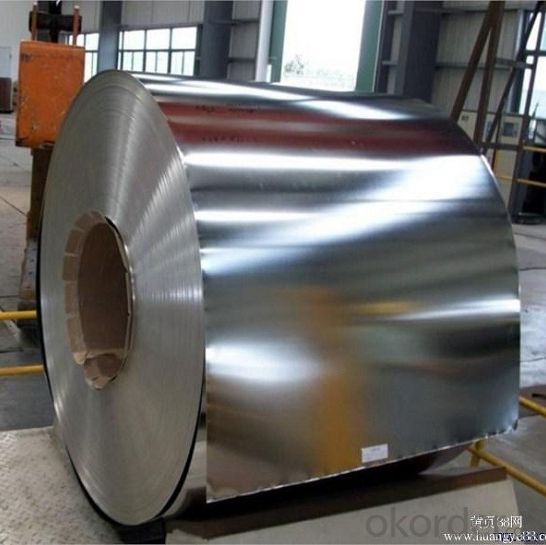
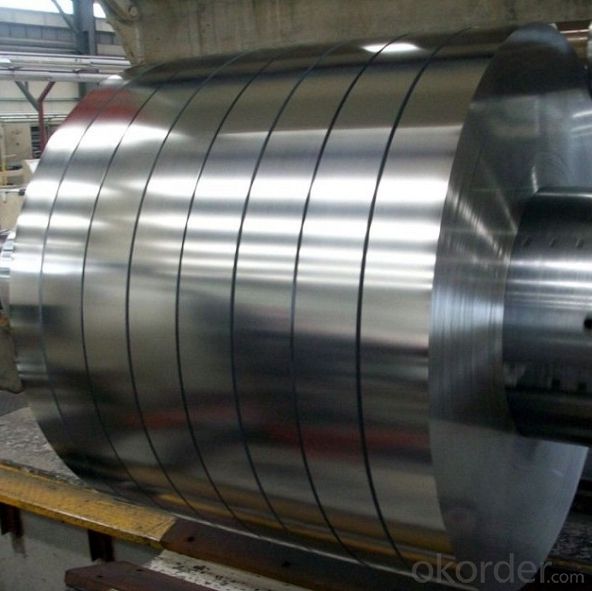
Tinplate Features
Steel Type: MR, SPCC
Temper(BA& CA): T1- T5, DR8- DR10
Coating: 1.1- 8.4g/m^2
Tickness: 0.15- 0.,50mm
Width: 600-1010mm
I.D: 508mm
Coil weight: 3- 10mt
Passivation: 311
Oiling: DOS
Surface finish: Bright, Stone
Quantity for 20 Feet FCL: 20- 25MT
Package: Seaworthy Export Standard Wooden Pallet
Application
Tinplate is widely used for making all types of containers, electrical machinery parts and many other products
Chemicals and painting cans
Dry food ccans, such as fancy cans, biscuit cans, milk powder cans, tea cans.
Liquid food cans, such as edible oil cans, beverage cans, Tomato paste cans
Sea food cans
Crown corks, easy open ends
Electrical machinery parts
Bakeware and household kitchen parts
Production Standard
GB/T 2520-2000
JIS G3303-2002
DIN EN 10202-2001
ASTM A623M-2002
ISO 11949-1995
- Q: Can tinplate be used for packaging tobacco products?
- Yes, tinplate can be used for packaging tobacco products. Tinplate is a commonly used material for packaging due to its durability, resistance to corrosion, and ability to preserve the quality of the tobacco. It also provides a convenient and attractive packaging solution for consumers.
- Q: How is tinplate affected by different types of dairy products?
- Tinplate, a type of steel coated with a thin layer of tin, can be affected by different types of dairy products in terms of corrosion. Dairy products, particularly those with high acidity or salt content, can cause the tin coating to corrode over time. This can result in changes in the taste, odor, and quality of the dairy products stored in tinplate containers. Therefore, proper packaging and storage conditions need to be ensured to maintain the integrity of tinplate when storing dairy products.
- Q: What are the common packaging formats for tinplate?
- The common packaging formats for tinplate include cans, containers, tins, and boxes.
- Q: What are the different ways to open tinplate containers?
- There are several ways to open tinplate containers, including using a can opener, a pair of scissors, a knife, or pulling the tab if it is a pop-top can.
- Q: Are there any health concerns associated with tinplate?
- Yes, there are some health concerns associated with tinplate. Tinplate can potentially leach small amounts of tin into the food or beverage stored in it, especially if it comes into contact with acidic or high-salt content products. While tin is considered relatively safe, excessive consumption of tin can lead to gastrointestinal issues and long-term exposure may have adverse effects on health. It is recommended to limit the use of tinplate for storing or consuming highly acidic or salty foods.
- Q: Is to buy canned tinplate or aluminum
- Tinplate, our company sells tinplate
- Q: How does tinplate perform in terms of recyclability?
- Tinplate is highly recyclable and has one of the highest recycling rates among packaging materials. It can be recycled indefinitely without losing its properties, making it an environmentally friendly choice.
- Q: Can tinplate be used for microwave-safe packaging?
- No, tinplate cannot be used for microwave-safe packaging as it is a metal material that can cause sparks and potential hazards in the microwave.
- Q: How does tinplate packaging contribute to brand recognition?
- Tinplate packaging contributes to brand recognition by providing a visually appealing and distinctive packaging solution. The use of tinplate materials allows for unique and eye-catching designs, logos, and branding elements to be printed directly on the packaging. This helps in creating a strong visual identity and making the brand stand out on the retail shelves. Additionally, tinplate packaging is often associated with a premium and high-quality image, which can further enhance brand recognition and consumer perception.
- Q: How does tinplate compare to other packaging materials?
- Tinplate is highly versatile and durable, making it an excellent choice for packaging materials. It offers superior protection against moisture, oxygen, and light, ensuring the freshness and quality of the packaged products. Additionally, tinplate is eco-friendly as it is 100% recyclable, making it a sustainable choice. Its strength and resistance to corrosion further enhance its appeal compared to other packaging materials.
Send your message to us
Tinplate with First- Class Level for Tin Cans Making
- Loading Port:
- Tianjin
- Payment Terms:
- TT or LC
- Min Order Qty:
- 25 m.t.
- Supply Capability:
- 20000 m.t./month
OKorder Service Pledge
OKorder Financial Service
Similar products
Hot products
Hot Searches
Related keywords
